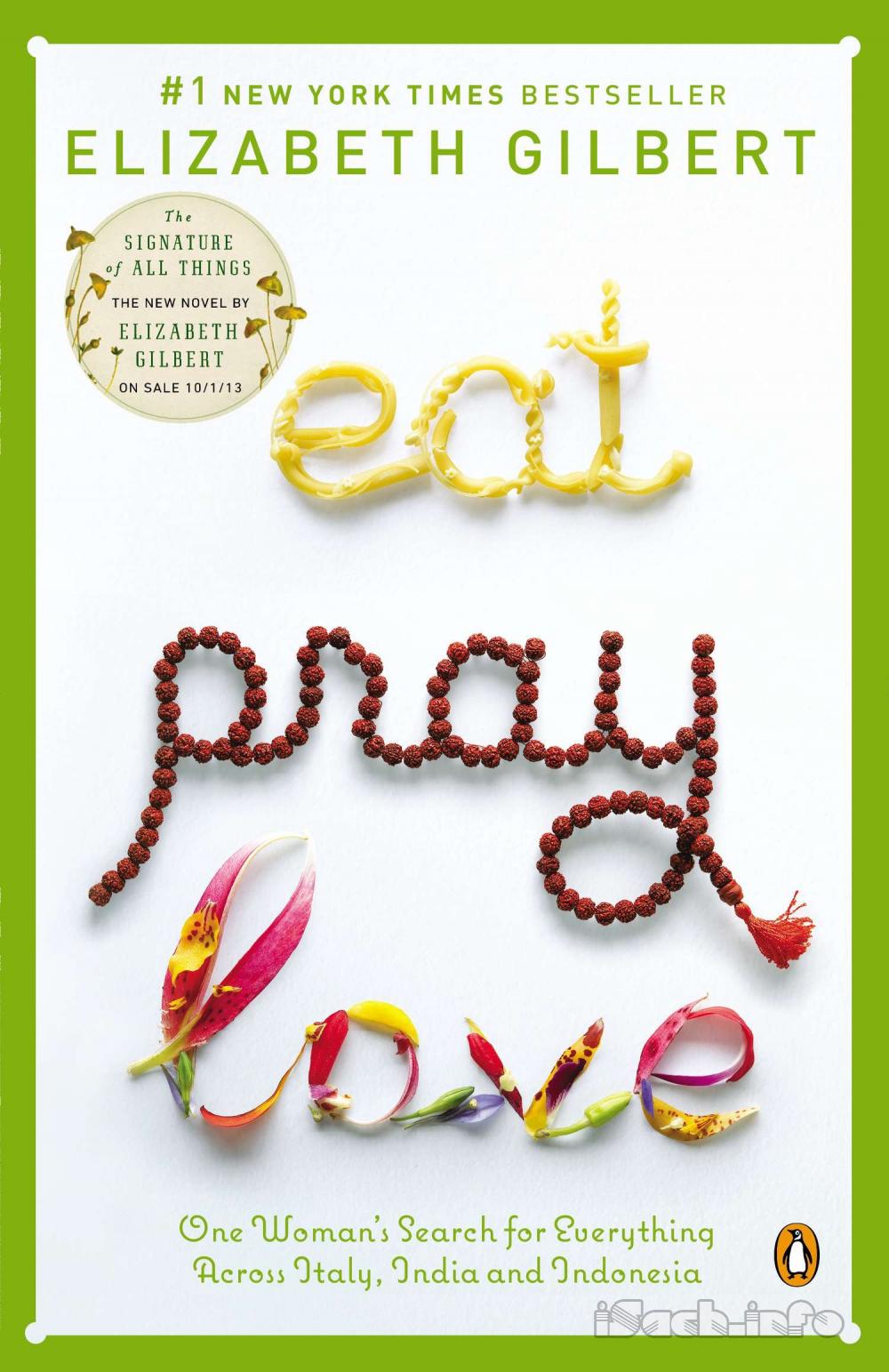Chapter 26
I
had shipped ahead a box of books to myself, right before I left New York to move to Italy. The box was guaranteed to arrive at my Roman apartment within four to six days, but I think the Italian post office must have misread that instruction as “forty-six days,” for two months have passed now, and I have seen no sign of my box. My Italian friends tell me to put the box out of my mind completely. They say that the box may arrive or it may not arrive, but such things are out of our hands.“Did someone maybe steal it?” I ask Luca Spaghetti. “Did the post office lose it?”
He covers his eyes. “Don’t ask these questions,” he says. “You’ll only make yourself upset.”
The mystery of my missing box prompts a long discussion one night between me, my American friend Maria and her husband, Giulio. Maria thinks that in a civilized society one should be able to rely on such things as the post office delivering one’s mail in a prompt manner, but Giulio begs to differ. He submits that the post office belongs not to man, but to the fates, and that delivery of mail is not something anybody can guarantee. Maria, annoyed, says this is only further evidence of the Protestant-Catholic divide. This divide is best proven, she says, by the fact that Italians—including her own husband—can never make plans for the future, not even a week in advance. If you ask a Protestant from the American Midwest to commit to a dinner date next week, that Protestant, believing that she is the captain of her own destiny, will say, “Thursday night works fine for me.” But if you ask a Catholic from Calabria to make the same commitment, he will only shrug, turn his eyes to God, and ask, “How can any of us know whether we will be free for dinner next Thursday night, given that everything is in God’s hands and none of us can know our fate?”
Still, I go to the post office a few times to try to track down my box, to no avail. The Roman postal employee is not at all happy to have her phone call to her boyfriend interrupted by my presence. And my Italian—which has been getting better, honestly—fails me in such stressful circumstances. As I try to speak logically about my missing box of books, the woman looks at me like I’m blowing spit bubbles.
“Maybe it will be here next week?” I ask her in Italian.
She shrugs: “Magari.”
Another untranslatable bit of Italian slang, meaning something between “hopefully” and “in your dreams, sucker.”
Ah, maybe it’s for the best. I can’t even remember now what books I’d packed in the box in the first place. Surely it was some stuff I thought I should study, if I were to truly understand Italy. I’d packed that box full of all sorts of due-diligence research material about Rome that just seems unimportant now that I’m here. I think I even loaded the complete unabridged text of Gibbon’s History of the Decline and Fall of the Roman Empire into that box. Maybe I’m happier without it, after all. Given that life is so short, do I really want to spend one-ninetieth of my remaining days on earth reading Edward Gibbon?



 ePub
ePub A4
A4